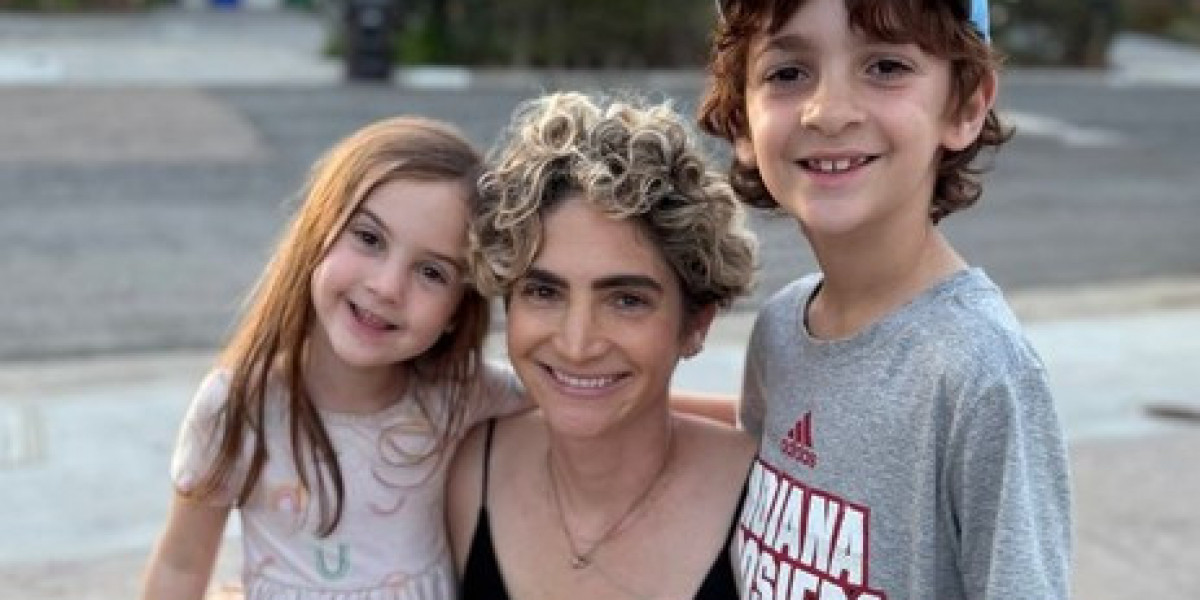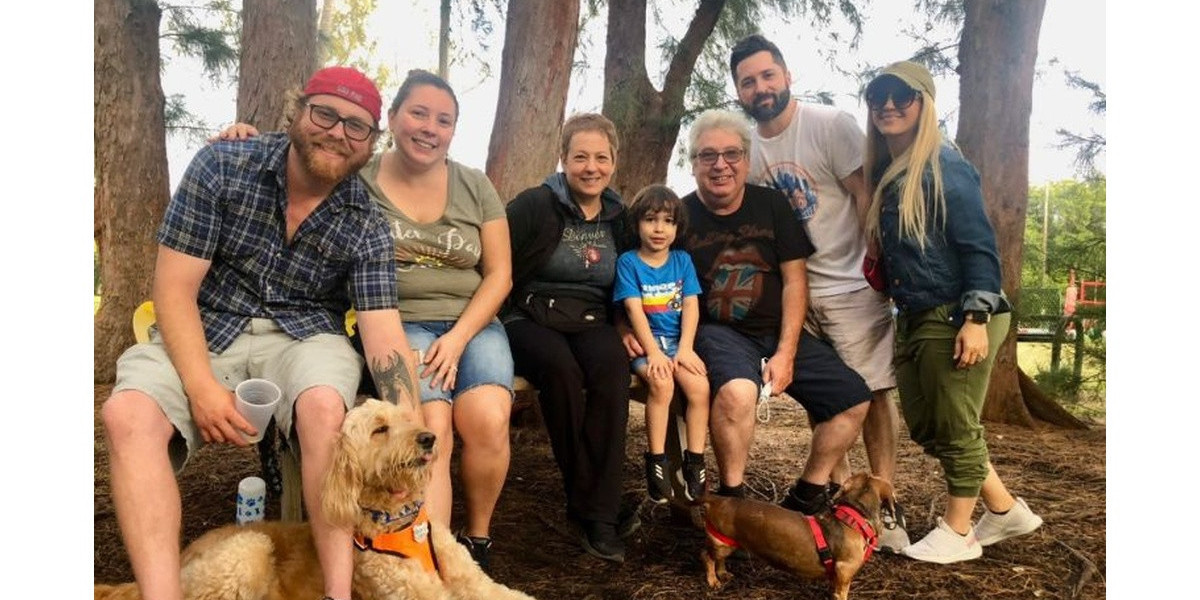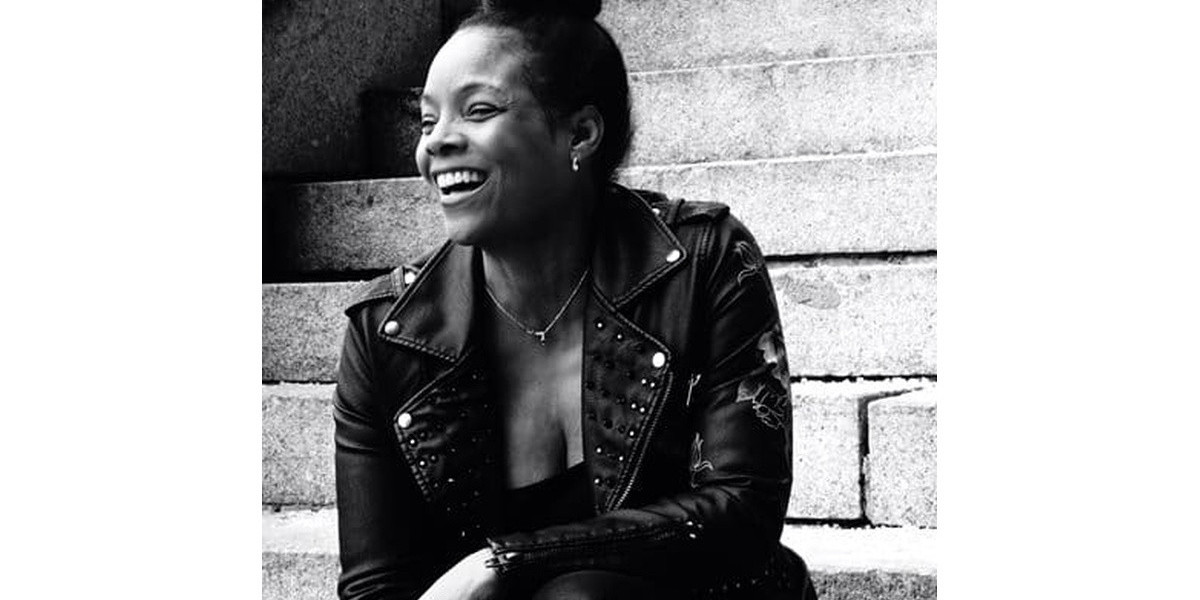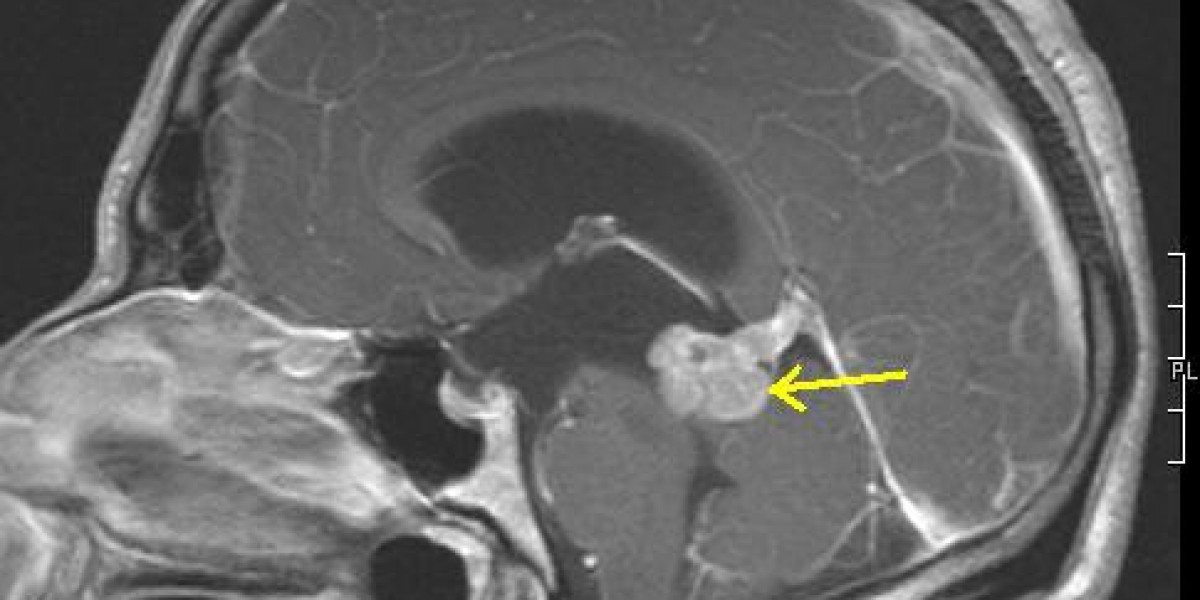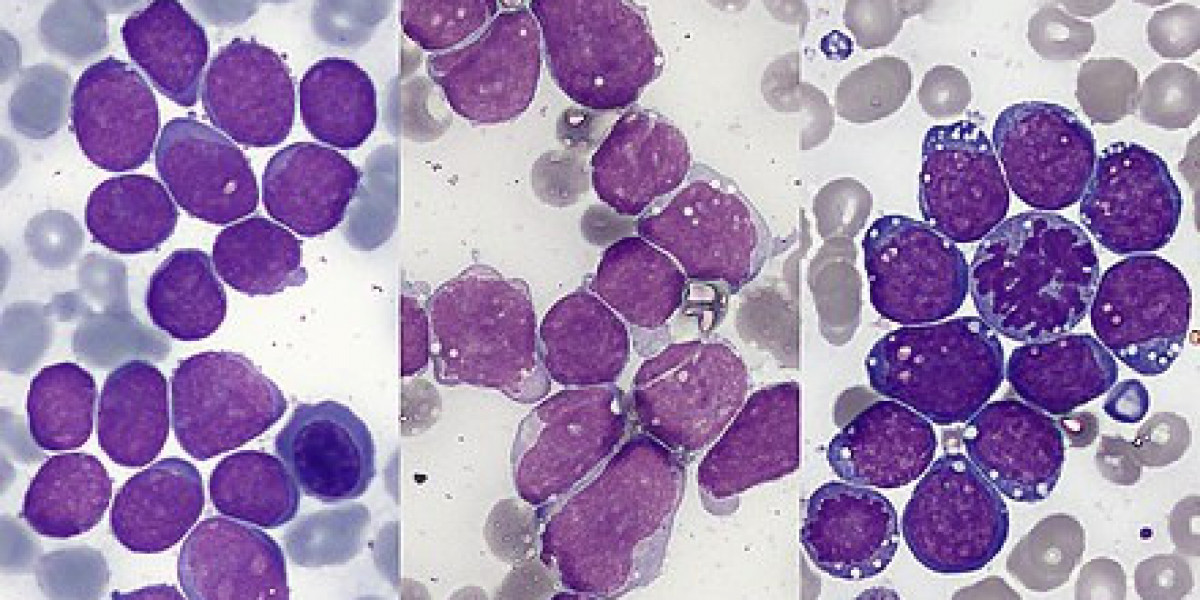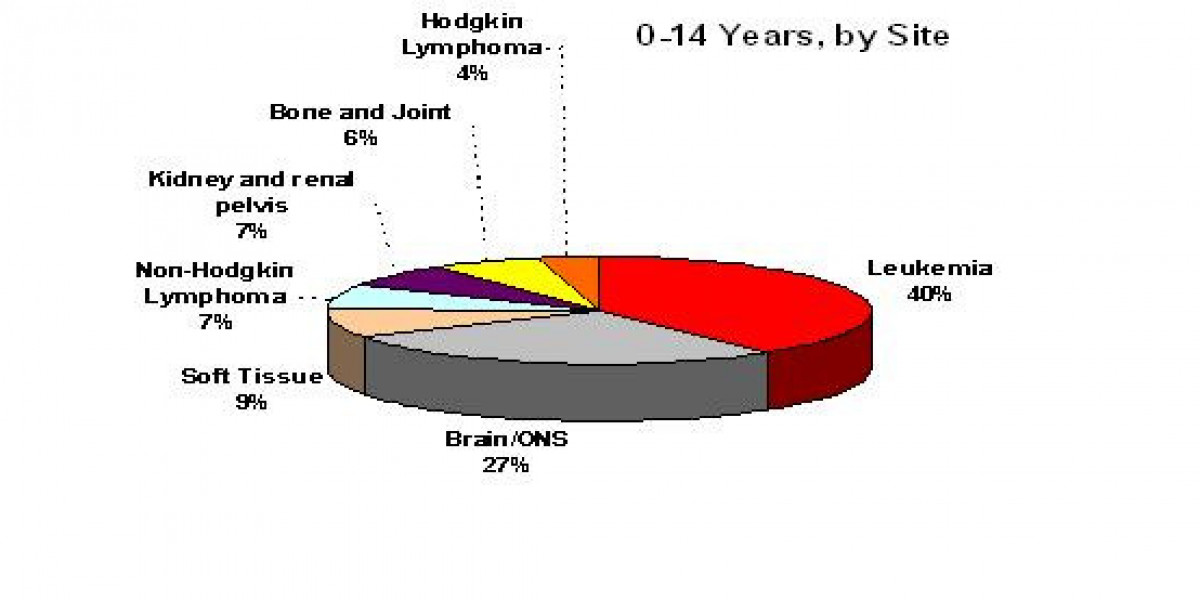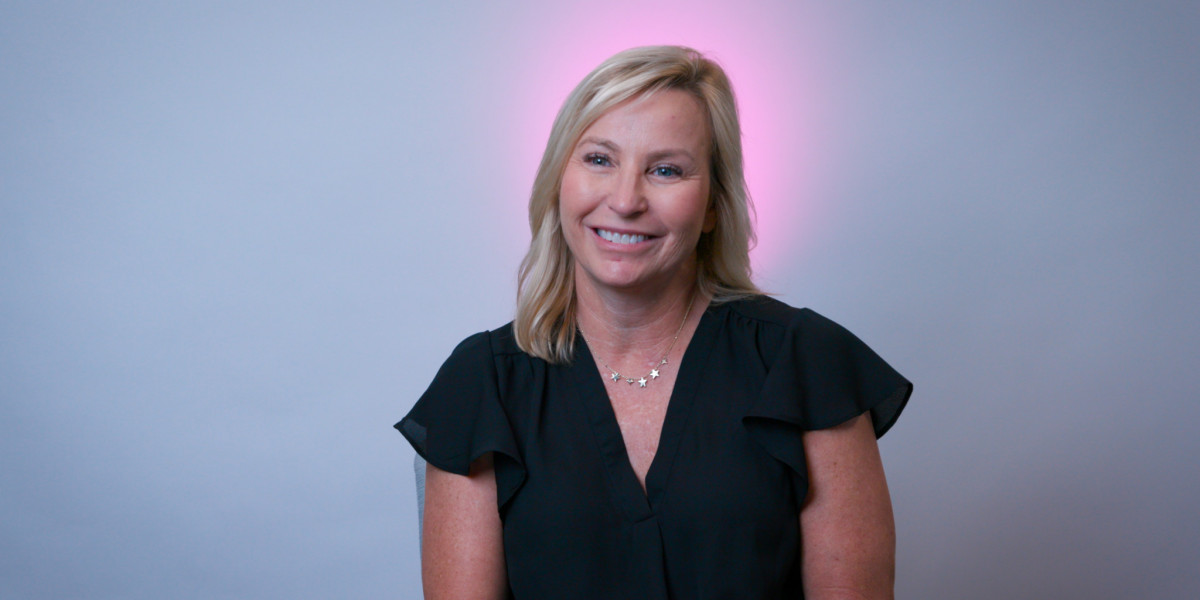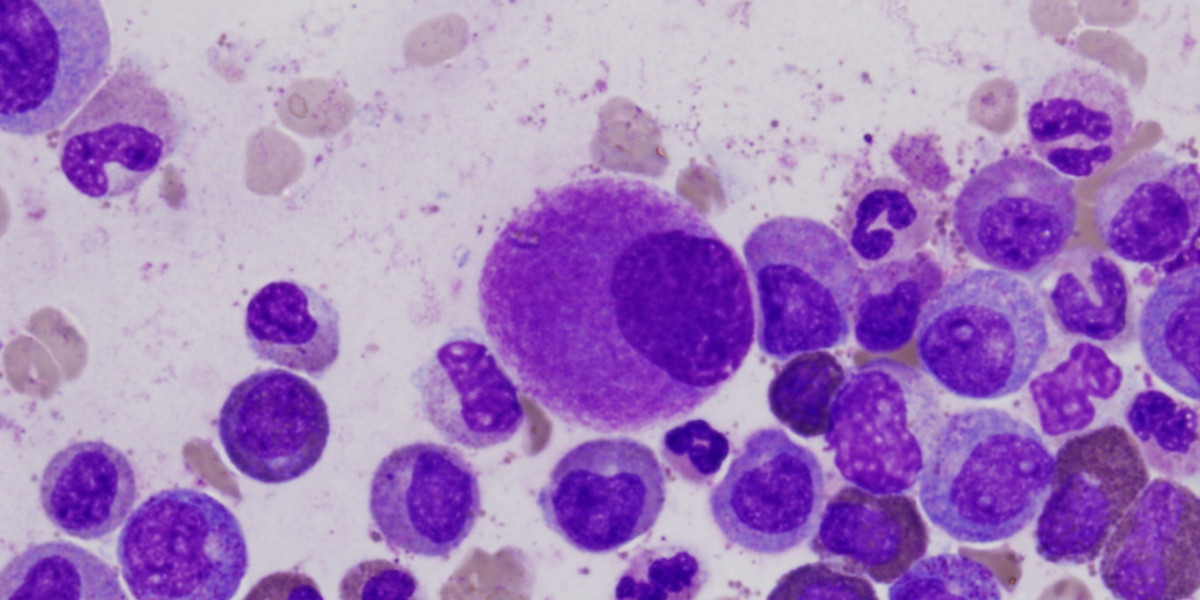Blogs > Parenting through a breast cancer diagnosis: Telling my children
Listening to the voice I needed as a child and offering it to my own
I still remember it like it was yesterday. We were sitting around the long kitchen table at my aunt’s house, visiting my mom’s many siblings. My mom was talking a mile a minute, unable to sit still, and jumping between stories in a way that made no sense. My mother suddenly felt like a stranger, unrecognizable.
I pulled her aside and asked, “Mom, what in the world is going on? You’re acting like a crazy person!”
She told me it was a side effect of a new medication she was taking. The truth, as I’d later find out, was that she had been diagnosed with a rare kidney disease. For a brief time, my parents were uncertain of her prognosis and future, but no one had told me.
As that little seven-year-old girl, I felt frightened, fearful, and suspicious. My mother’s explanation felt vague and slightly dismissive. But also, I felt validated. “Yes…I knew something was going on,” I quietly thought to myself. For months, I’d been picking up on the anxious energy at home. I had already noticed how she spent more time in bed, how her body had changed, how conversations at home felt different. My child’s mind swirled with thoughts of: What is going on here? Is my mom okay? What are they hiding? Why isn’t anyone talking about this?
Decades later, I would find myself in her position – only this time, the illness was breast cancer, and the children were my own.
At 37, I faced my own terrifying diagnosis: triple negative breast cancer. I had two young children who depended on me. The truth was, I had no idea how my story was going to end. But I did know I could choose how I would tell them.
Before telling my children, I had to process my own diagnosis. I needed to be steady enough to support them, and to ground myself before feeling ready to share this with my own children. I wanted to be honest and vulnerable with them, while keeping it high level and age appropriate.
My husband and I carefully considered our approach before we shared the news with my then four-year-old daughter and six-year-old son. We read age-appropriate children’s books offered through LBBC’s Reading for Reassurance Program that illustrated the changes we would see in my body as the result of treatment. We kept it as light as we could. I explained that my port was the fairy door through which minions (their favorite movie at the time) traveled to deliver the medicine and to sweep out the disease and get me healthy again. As much as I like to believe this story was for them, it was just as much for me. From then on, at every chemo infusion, I envisioned the minions joyfully arriving and sprinkling fairy dust as they swept me out like Cinderella.
“The truth was, I had no idea how my story was going to end. But I did know I could choose how I would tell them.”
My son and daughter processed the news in very different ways, no doubt influenced by age, level of awareness, wiring, and personality. My daughter asked questions, read and re-read the books, and was an active part of my head-shaving experience, carefully sweeping up my hair off the floor after each swipe of the razor.
My son, on the other hand, was much more private. He asked few questions and didn’t like talking about it. It took him days to look at me after I shaved my head.
There was no right way for them to react. We gave them the space to process all their feelings in their own ways. We also made sure their teachers, principal, and counselor knew what was happening so they had support at school.
To help them visualize what was happening inside my body, we played a game where we stomped on empty soda cans, pretending that they were the cancer cells. My daughter crushed these cans with such ferocity and determination that the moment is burned into my memory. “Bye bye, cancer! I don’t like you, cancer!” she shouted with an innocence capable only from a toddler. My son, still processing in his own way, chose not to participate. And that was OK, too.
Receiving a cancer diagnosis was one of the most shocking and terrifying moments in my life, but it also unlocked a superpower I hadn’t realized I had: vulnerability.
In sharing my diagnosis with my children, it wasn’t about invoking unnecessary fear or asking them for emotional support. It was about validating that what they might be feeling – or what they would witness me feeling – was all normal and ok.
“All of you is welcome here,” I said, both with my words and my actions.
Looking back, I know my parents did the best they could. They thought they were protecting me from pain and fear, but in reality, their silence made me feel lost. I had sensed something was wrong, but no one acknowledged it. If my 7-year-old self could speak now, she would say, “I'm disappointed you didn't share with me. I love you, and I care about you, and I'd like to know the important information in your life.”
Everyone’s approach will be different. After all, there is no one-size-fits all solution for how to share such life-altering news. What I do know is this: Cancer offered me the opportunity to reparent myself.
I am so proud of the way I shared my diagnosis with my own children, inviting them into the process with vulnerability and tenderness. In doing so, I was able to be the parent to my children that I’d wished I’d had growing up. In holding them, I was also holding my younger self, reassuring her, comforting her, showing up for her in the way I had longed for.
And that, I believe, is one of the most radical acts of self-love.
DISCLAIMER:
The views and opinions of our bloggers represent the views and opinions of the bloggers alone and not those of Living Beyond Breast Cancer. Also understand that Living Beyond Breast Cancer does not medically review any information or content contained on, or distributed through, its blog and therefore does not endorse the accuracy or reliability of any such information or content. Through our blog, we merely seek to give individuals creative freedom to tell their stories. It is not a substitute for professional counseling or medical advice.
When to have follow-up visits
Learn what to expect with follow-up visits and tests in the first few years after active treatment for early-stage breast cancer.
Diagnosed with metastatic breast cancer
Hearing the words “You have metastatic breast cancer, and you will need ongoing treatment” can be traumatic. On this page, we’ll help you begin to make sense of your diagnosis, treatment options, and sources of support.
FISH tests
A FISH test is a lab test performed on tissue taken from a biopsy or breast cancer surgery, that can confirm breast cancer’s HER2 status if other test results are inconclusive.
Early-stage breast cancer trial search
Use this tool to find early-stage breast cancer clinical trials across the United States.
Books for kids
The Reading for Reassurance program shares books tailored for children with a parent who has been diagnosed with breast cancer in the last six months.
Stage IV breast cancer prognosis
If you’ve been diagnosed with stage IV metastatic breast cancer (MBC), you may have already learned that it means being in treatment for life. It’s completely understandable to want to know how long that really is.
How to talk to loved ones if you have breast cancer
Discussing a breast cancer diagnosis with loved ones is tough, but it lets them offer the support and help you need. Share your journey with those who care to foster understanding and assistance.
Emotional Health
In the days immediately following a breast cancer diagnosis, lots of different emotions can come up. No matter what kinds of emotions you’re experiencing, remember that your emotions are valid.
Where to find breast cancer support
A breast cancer diagnosis can be a tremendous shock, and the concerns it brings can be overwhelming. Many kinds of resources are available to you, including online, phone, and in-person support.
Family & Relationships
Telling a loved one that you’ve been diagnosed with breast cancer can be one of the hardest moments of your life.
We'll send support straight to your inbox.
Tagged:
Living Beyond Breast Cancer is a national nonprofit organization that seeks to create a world that understands there is more than one way to have breast cancer. To fulfill its mission of providing trusted information and a community of support to those impacted by the disease, Living Beyond Breast Cancer offers on-demand emotional, practical, and evidence-based content. For over 30 years, the organization has remained committed to creating a culture of acceptance — where sharing the diversity of the lived experience of breast cancer fosters self-advocacy and hope. For more information, learn more about our programs and services.
Living Beyond Breast Cancer
40 Monument Road, Suite 104
Bala Cynwyd, PA 19004
©2025 Living Beyond Breast Cancer
Originally published on LBBC.
